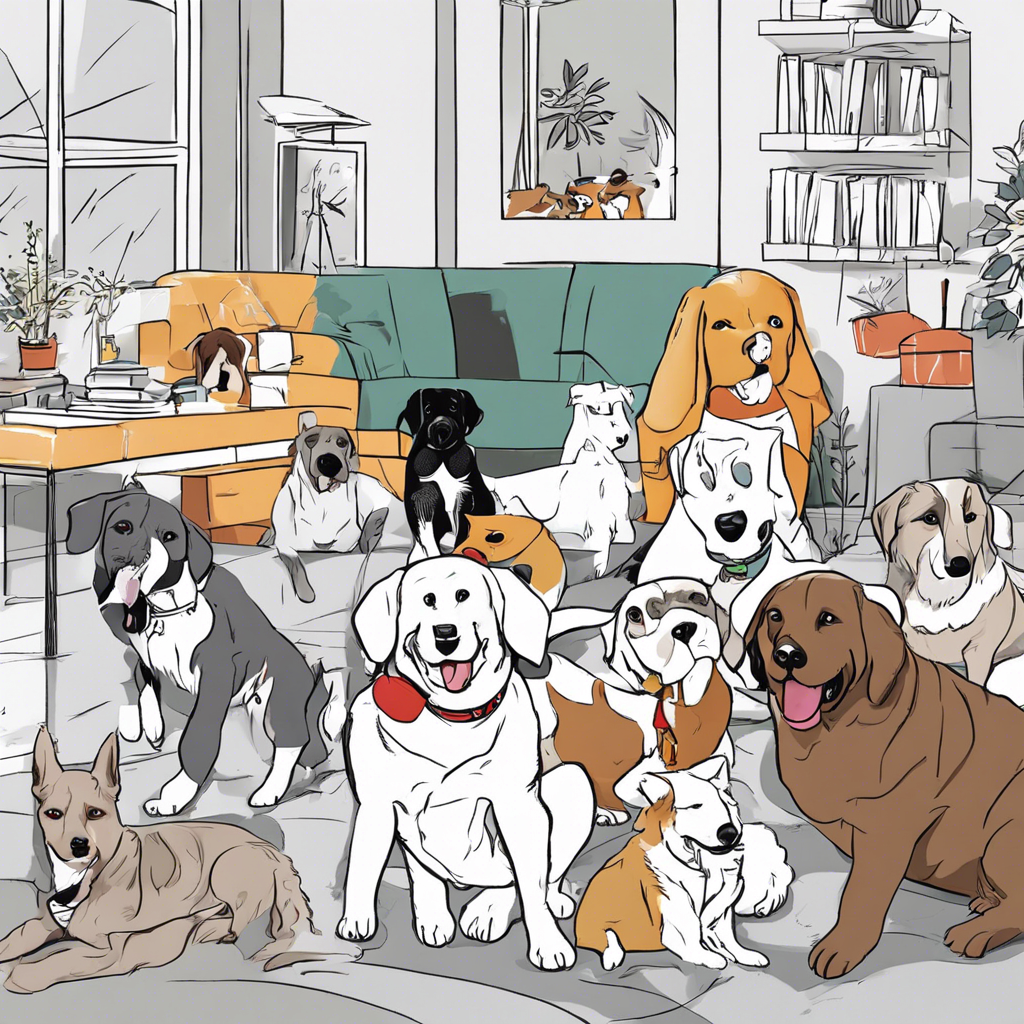# Dealing with Difficult Dogs: Strategies for a Harmonious Daycare
Managing a dog daycare can be a rewarding experience, but it comes with its fair share of challenges, especially when dealing with difficult dogs. Every dog has its unique personality and temperament, and some may require extra care and understanding. As a daycare provider, it’s crucial to equip yourself with effective strategies to ensure a safe and enjoyable environment for all furry friends. Here are some practical approaches to navigate the complexities of canine behavior and create a harmonious daycare experience.
**Understanding Difficult Behavior**
Difficult behavior in dogs can manifest in various ways. Some may display aggression, anxiety, fear, or excessive excitement. Identifying the underlying causes is crucial. Dogs may act out due to lack of socialization, past trauma, or medical issues. Understanding these triggers is the first step in addressing their behavior. For instance, a dog might exhibit aggression due to fear or pain, or excessive barking could be a sign of anxiety or boredom. Observing their body language and identifying patterns can provide valuable insights into their needs and potential solutions.
**Creating a Structured Environment**
Structure is key to managing difficult dogs. Establishing consistent routines and clear rules can help reduce stress and confusion. Create a daily schedule that includes regular playtimes, rest periods, and feeding times. Dogs thrive on predictability, and a structured environment provides a sense of security and reduces anxiety. Implement specific rules for interactions, such as no rough play, and encourage positive reinforcement for good behavior. Consistent boundaries will help dogs understand expectations and encourage better behavior.
**Individualized Attention and Training**
Tailor your approach to each dog’s needs. Some may require more one-on-one time or specialized training. For anxious dogs, gradual socialization with small groups can build their confidence. Engage in positive reinforcement training methods to teach new behaviors and offer rewards for desired actions. This individual attention can help dogs feel valued and understood, reducing the likelihood of problem behaviors. Consider using tools like clicker training or treat puzzles to encourage positive interactions.
**Managing Playtime and Socialization**
Supervised playtime is essential for socialization and exercise. However, it can be challenging with difficult dogs. Group dogs based on similar temperaments to ensure a positive experience for all. Separate play areas might be necessary for those who need a calmer environment. Use interactive toys and games to channel their energy constructively. Regular breaks and rest periods prevent overstimulation, which can trigger unwanted behaviors.
Difficult dogs require patience and a tailored approach. By understanding their needs, providing structure, and offering personalized care, you can create a supportive environment where every dog can thrive. Remember, each dog is unique, and adapting your strategies to their individual personalities will lead to a harmonious and enjoyable daycare experience for all.

